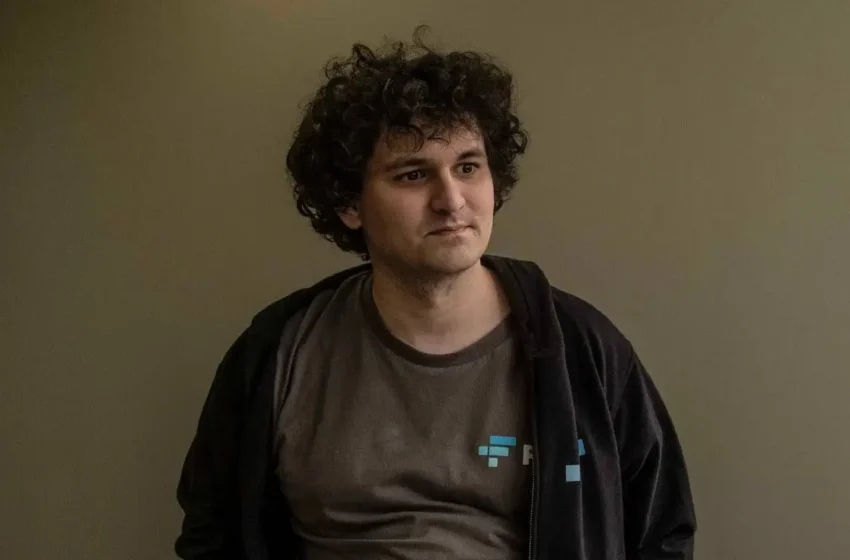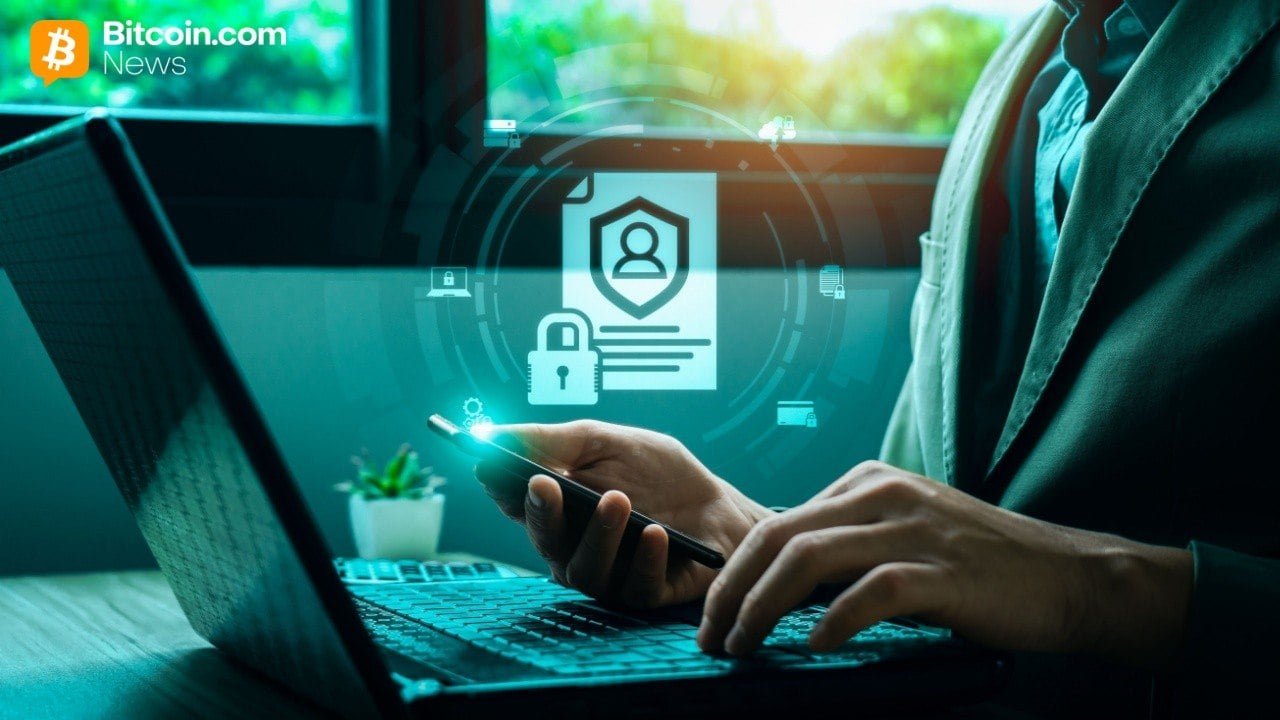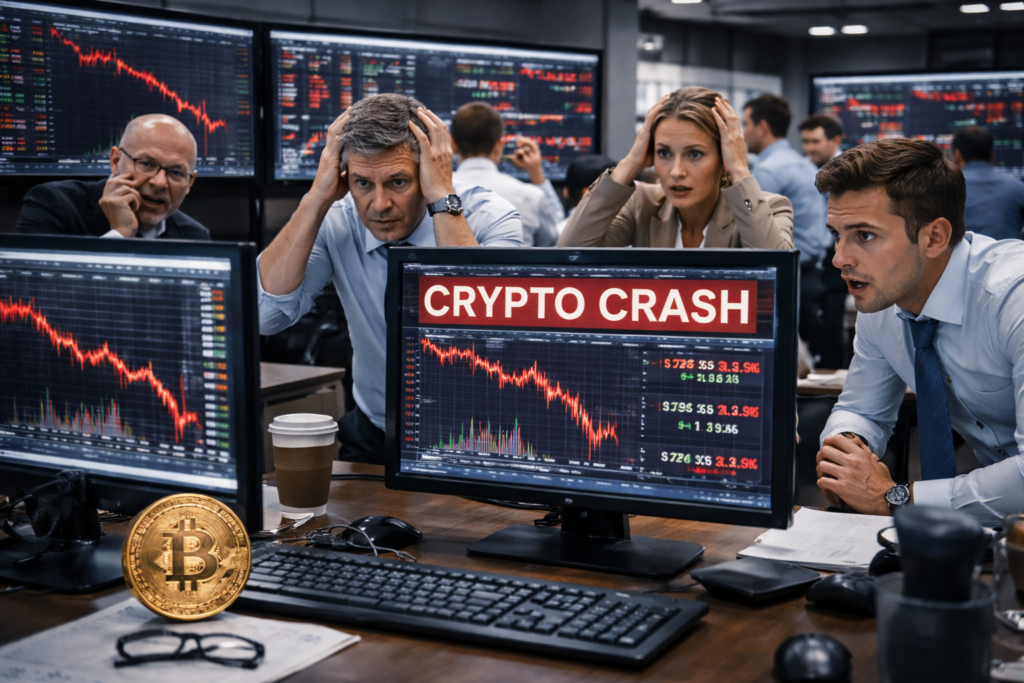Adrian Wall of Digital Sovereignty Alliance Advocates for Digital Asset
Sam Bankman-Fried Discusses Crypto’s Future in Prison Interview
(Originally posted on : Crypto News – iGaming.org )
In a recent interview with Tucker Carlson from behind bars, Sam Bankman-Fried, the former CEO of FTX, discussed his outlook on the future of cryptocurrencies. The discussion covered regulatory obstacles, the changing function of cryptocurrencies, and their place in international finance.
Regarding the U.S. cryptocurrency sector, Bankman-Fried pointed out that one of the main obstacles to adoption is the nation’s stringent laws. The United States only makes around 5% of cryptocurrency activity, but making up over 30% of worldwide traditional finance. He attributed this to regulatory difficulties, stating, “The reason is entirely regulatory; the U.S. is unique in its difficulty to work with.”
He also noted differences in how presidential administrations approach crypto. While acknowledging that a new administration may bring a more favorable stance, he stressed that real change depends on execution. “You look at what the Trump administration said going into office, there are a lot of good things. There are a lot of things that were very different from the stance [of] the Biden administration,” he remarked. However, he pointed out that financial regulators, as “big, giant bureaucracies,” have slowed crypto’s growth for over a decade.
The Shift from Crypto’s Original Vision
Carlson reflected on cryptocurrency’s early promise of financial freedom, stating, “The whole idea was that this was a currency that could store to the individual his freedom of commerce… And that obviously hasn’t happened.”
Bankman-Fried agreed that crypto has not yet delivered on its initial vision. He explained that while investment cycles move quickly, technological adoption takes time. “Technology is built out on a decade basis… Right now, crypto is not quite at a point where it could become an everyday tool of a quarter of the world or something.”
New players only. Exclusive Welcome Bonus of 350% + 150 Free Spins
Despite its current limitations, he remains optimistic about crypto’s future. He envisions a time when billions of people will use crypto daily with improved privacy, security, and accessibility. “Five, ten years from now, you could imagine a world where all of a sudden it is the case that anyone can have a crypto wallet… a billion people could use it each day, with privacy, with security, fast, cheap, international.”







 Bitcoin
Bitcoin  Ethereum
Ethereum  Tether
Tether  XRP
XRP  USDC
USDC  Solana
Solana  TRON
TRON  Dogecoin
Dogecoin  Lido Staked Ether
Lido Staked Ether  Figure Heloc
Figure Heloc  Bitcoin Cash
Bitcoin Cash  WhiteBIT Coin
WhiteBIT Coin  Cardano
Cardano  USDS
USDS  LEO Token
LEO Token  Wrapped stETH
Wrapped stETH  Hyperliquid
Hyperliquid  Monero
Monero  Wrapped Bitcoin
Wrapped Bitcoin  Chainlink
Chainlink  Binance Bridged USDT (BNB Smart Chain)
Binance Bridged USDT (BNB Smart Chain)  Ethena USDe
Ethena USDe  Canton
Canton  Stellar
Stellar  USD1
USD1  Wrapped eETH
Wrapped eETH  Zcash
Zcash  Hedera
Hedera  sUSDS
sUSDS  Litecoin
Litecoin  Dai
Dai  PayPal USD
PayPal USD  Coinbase Wrapped BTC
Coinbase Wrapped BTC  Avalanche
Avalanche  Shiba Inu
Shiba Inu  Sui
Sui  WETH
WETH  Toncoin
Toncoin  Rain
Rain  Cronos
Cronos  USDT0
USDT0  World Liberty Financial
World Liberty Financial  Tether Gold
Tether Gold  MemeCore
MemeCore  PAX Gold
PAX Gold  Polkadot
Polkadot  Uniswap
Uniswap  Mantle
Mantle  Ethena Staked USDe
Ethena Staked USDe  Bittensor
Bittensor  Aave
Aave  BlackRock USD Institutional Digital Liquidity Fund
BlackRock USD Institutional Digital Liquidity Fund  Aster
Aster  Falcon USD
Falcon USD  Bitget Token
Bitget Token  OKB
OKB  Pepe
Pepe  Circle USYC
Circle USYC  Global Dollar
Global Dollar  Sky
Sky  syrupUSDC
syrupUSDC  HTX DAO
HTX DAO  Ripple USD
Ripple USD  Pi Network
Pi Network  Ethereum Classic
Ethereum Classic  Ondo
Ondo  NEAR Protocol
NEAR Protocol  Internet Computer
Internet Computer  BFUSD
BFUSD  Pump.fun
Pump.fun  Worldcoin
Worldcoin  Gate
Gate  KuCoin
KuCoin  POL (ex-MATIC)
POL (ex-MATIC)  Cosmos Hub
Cosmos Hub  Jupiter Perpetuals Liquidity Provider Token
Jupiter Perpetuals Liquidity Provider Token  Ethena
Ethena  Superstate Short Duration U.S. Government Securities Fund (USTB)
Superstate Short Duration U.S. Government Securities Fund (USTB)  Midnight
Midnight  Jito Staked SOL
Jito Staked SOL  Algorand
Algorand  NEXO
NEXO  USDtb
USDtb  Binance-Peg WETH
Binance-Peg WETH  Official Trump
Official Trump  Rocket Pool ETH
Rocket Pool ETH  Spiko EU T-Bills Money Market Fund
Spiko EU T-Bills Money Market Fund  Render
Render  Binance Bridged USDC (BNB Smart Chain)
Binance Bridged USDC (BNB Smart Chain)  Aptos
Aptos  Wrapped BNB
Wrapped BNB  Filecoin
Filecoin  Function FBTC
Function FBTC